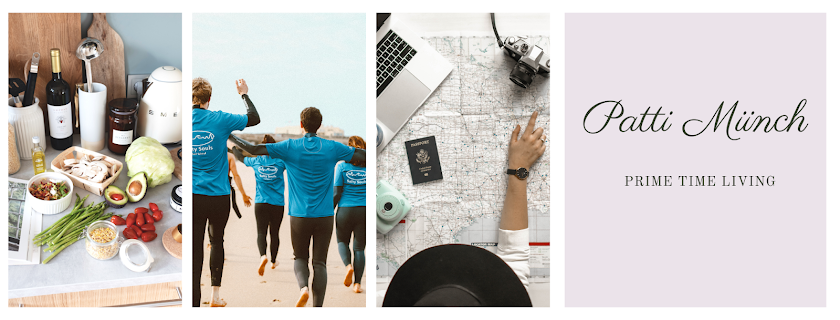Saturday morning found me boarding yet another bus, this time with about 30 students, the Illinois mentor, and a tour guide — all of us bound for Oxford to visit Oxford University. Our tour guide was wonderful. Throughout our journey, she shared interesting facts about the areas we were driving through (she did this both days of our excursion) that made the trip very interesting.
The highlight of the trip to Oxford was our 30-minute stop at the “services”. I hesitate to compare the services to anything I’ve encountered in the states; the closest would be a rest area I stopped at on the Oklahoma Turnpike. The services we stopped at was more of a mini-mall, complete not with just one Starbucks, but with two, and a KFC, McDonalds, Burger King, electronics accessories store, cell phone store, and small grocery story (about four times the size of a Quick Shop).
As we neared Oxford, our tour guide began sharing interesting factoids about the university. For example, Oxford, like other British universities, was free for attendees until this past year, when a law requiring university students to pay 9,000 BP (British Pounds) per year in tuition went into effect. There is no such things as an athletic scholarship. While the #1 sport at Oxford is rowing, students have quite a range of sports to choose from, including tiddly-winks and turtle racing. Yes, you read that correctly. 🙂
While in the US, universities are “divided” into academic colleges (the College of Liberal Arts, for example), colleges at Oxford refer to a students “domicile”. All students and all faculty members are associated with a specific college. A student’s college is where he/she eats, sleeps, etc., and each college has its own library (in addition to the much-larger university library), bar, and chapel.
Academics are, according to our tour guide, handled differently at Oxford. Each student is assigned a tutor, and the pair meet once or twice weekly, often in a one-one meeting but sometimes with one or two other students. The tutor assigns to the student various lectures to attend, readings to be completed. The student writes papers and must be prepared to answer questions in the tutorial session, defend their answers, etc. Tutorials and classes are part of the individual college setting, but lectures and exams are the university’s.
Oxford University is, to put it bluntly, huge. Situated in the middle of Oxford, it encompasses block after block of huge buildings and massive courtyards within each college’s walls. It is without a doubt the most impressive institution I have ever seen, and I can only begin to imagine what it would be like to study there.
Oxford (the city) is also the home of The Eagle and Child, a pub famous for its connection to several famous writers. J.R.R. Tolkien, C.S. Lewis and fellow writers met in a private lounge (the back room of the pub) called “the Rabbit Room”. They named themselves “The Inklings” and referred to the pub as “The Bird and Baby”. The pub was crowded, but I was able to find a table in the corner of the Rabbit Room itself — the very room where these great writers met every Monday or Tuesday for lunch! The barmaid told me that the room — and the entire pub, for that matter — is just as it was when the Inklings gathered there in the 1930’s- early 1960’s except for one thing. The Rabbit Room was made public in 1962, and with the loss of privacy, the writers moved their gatherings to a different pub (rumor has it that they moved to the Lamb and Flag).
If you’re a Tolkien fan, you will probably find it interesting that it was in the Rabbit Room that he shared with his literary friends the first proofs of The Lion, The Witch, and the Wardrobe (in the summer of 1950).
Having long been a fan of Tolkien and Lewis, it was thrilling to sit in The Rabbit Room — maybe even at the same table they sat at even once. The sense of history, of tradition, that I’m finding everywhere I turn here in England is, for me at least, what is making this trip so wonderful.
And yes, I took a few minutes to write in my journal while I was in The Rabbit Room — a writer reflecting on being in the place where unbelievably-talented writers once gathered.
